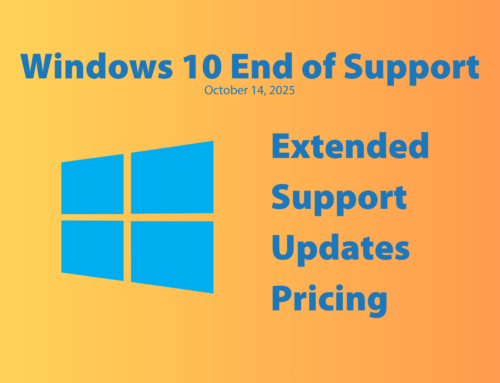Our Chief Technology Officer, Mike Paul, has put together an article on “Eight Factors to Consider Before Migrating Your Law Firm to Microsoft Office 365.” This week and next week we will highlight these factors. This week, we start with the first four factors you need to consider before moving your law firm to Office 365.
Microsoft Office 365 is a cloud-based software platform built on a highly redundant and secure infrastructure. It is offered with a monthly or annual fee and includes many productivity tools law firms use every day, including SharePoint for intranets, Exchange for email and Office Professional for Word/Outlook/Excel.
Many law firms today purchase and upgrade server equipment every three to five years. With a migration of a few key systems, cloud-based Office 365 has the 
When considering the move to Office 365, law firms should evaluate the following eight factors that could make or break the migration:
One: Security
The data centers run by Microsoft meet the highest industry standards for security and reliability. Upgrades and patches are performed by their network teams. An electrical outage for the firm’s building would not stop email from flowing. If the firm is looking to augment or improve its backup and disaster recovery capability, Office 365 has it covered.
Two: Messaging first
After a firm evaluates Office 365, they often first move messaging to the platform. The most compelling reason for this is existing Outlook clients may already support Office 365. When migrating the back-end mailboxes, this is relatively seamless to end users. After the messaging is migrated, the firm can take advantage of other software packages Office 365 offers. That custom on-premise instant messaging solution can be replaced with Office 365 Teams. Have an older Office version? With the right subscription, Office Pro 2016 comes built in with Office 365.
Three: Outlook is key
Microsoft Outlook is a common tool used to compose, review and send emails. When evaluating a migration to Office 365, note that not all existing versions of Outlook are supported in Office 365. In fact, keeping an older version of Outlook and trying to get it to function with Office 365 will prove difficult during the migration process. If the firm deploys Office 2013/2016, the migration will be much smoother. For any Outlook instances prior to Office 2013, we advise firms to upgrade the Office version ahead of the migration. With the E3 Office 365 subscription, each user can install Office Pro 2016 on up to five devices as part of the subscription. Depending on the Office version, you may need to migrate the back-end mailboxes first, or it may be better to upgrade the Office suite first.
Four: Don’t forget your plug-ins
Most law firms that use Outlook have several ancillary applications that integrate with the software. When upgrading to a newer version of Outlook or moving to Office 365, those plug-ins need to be evaluated for compatibility. Some software, while functioning well with a newer version of Outlook, may not work with Office 365. The software developer may have a new patch that has been released to support Office 365, but the firm does not have it deployed. Make a list of all the third-party plug-ins, including software that links to the phone system, macros, metadata cleaning tools, calendar sync items and document management software. Innovative experts can help you evaluate these plug-ins for compatibility with newer versions of Outlook and hosted Office 365 mailboxes.
In the meantime, are you considering migrating to Office 365? Need help? Contact us.
{{cta(‘a105704b-1bd2-416e-811a-5f447572cd89’)}}

